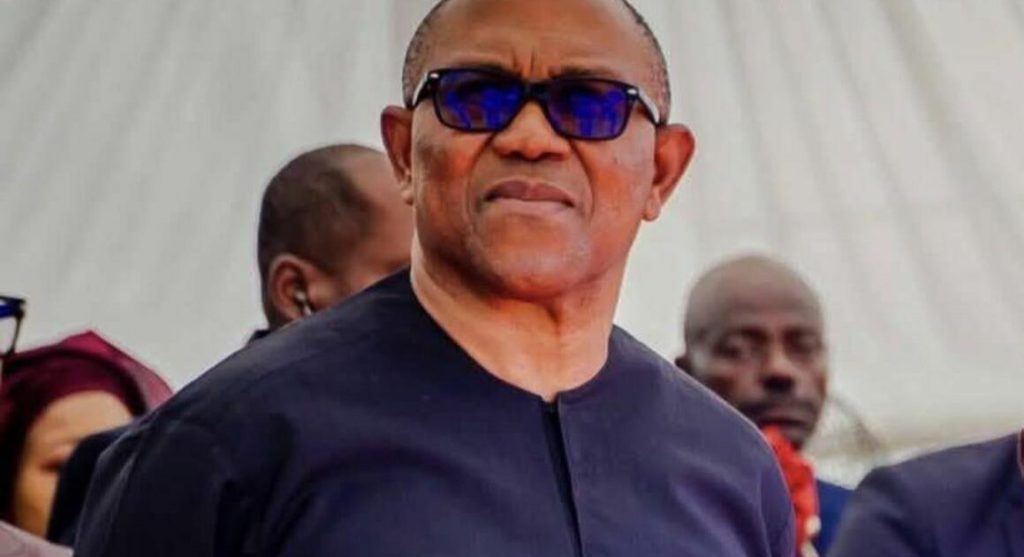The suspension of the six-month emergency rule in Rivers State, initially imposed by President Bola Tinubu, has brought to the forefront critical questions regarding the balance between executive power and the principles of democratic governance. Former Labour Party presidential candidate, Peter Obi, has characterized the intervention as a constitutional breach, arguing that it contravenes Section 305 of the 1999 Constitution, which permits such extraordinary measures only under circumstances of severe threats to public safety or national security. While President Tinubu cited a “groundswell of a new spirit of understanding” as the basis for lifting the emergency rule, the episode underscores the potential for political power to be wielded in ways that can undermine the very democratic foundations it is meant to uphold.
The Rivers State crisis unfolded against the backdrop of a contentious power struggle between Governor Siminalayi Fubara and his predecessor, Nyesom Wike, now serving as Minister of the Federal Capital Territory. This internal political rift escalated, leading to a state of governance paralysis characterized by mass defections of lawmakers and the dissolution of the state assembly. Allegations of corruption and political sabotage further fueled the crisis, creating an environment of instability and uncertainty that ultimately prompted President Tinubu’s intervention. The declaration of emergency rule, which included the temporary suspension of Governor Fubara and his deputy, Ngozi Odu, represented a drastic measure, aimed at restoring order and stability in the state.
However, Obi’s critique highlights the potential dangers of invoking such extraordinary powers, particularly when the underlying justification appears rooted in political maneuvering rather than genuine threats to national security or public safety. The ease with which the emergency rule was imposed and subsequently lifted raises concerns about the potential for its abuse as a tool to suppress dissent or consolidate political control. This incident serves as a stark reminder of the fragility of democratic institutions and the need for vigilance in safeguarding against actions that could erode their foundations.
Obi’s call for reflection and reconciliation in the aftermath of the emergency rule underscores the importance of learning from this experience. He urged the political actors in Rivers State, including Governor Fubara, state lawmakers, and other leaders, to acknowledge their mistakes, embrace peace, and prioritize the interests of the people they serve. This emphasis on accountability and reconciliation is crucial for healing the divisions that have fractured the state’s political landscape and for rebuilding trust in the democratic process. The crisis in Rivers State serves as a cautionary tale, demonstrating the destructive consequences of unchecked political power struggles and the urgent need for dialogue, compromise, and a commitment to upholding democratic principles.
The controversy in Rivers State also provides a broader perspective on the challenges facing Nigeria’s democratic journey. The tendency towards political infighting, the manipulation of institutions for personal gain, and the disregard for constitutional norms represent significant obstacles to the consolidation of democracy in the country. The events in Rivers State serve as a microcosm of these broader challenges, highlighting the need for comprehensive reforms to strengthen democratic institutions, promote transparency and accountability, and foster a culture of respect for the rule of law.
Moving forward, it is imperative for all stakeholders in Nigeria’s democracy, including political leaders, civil society organizations, and the citizenry, to actively engage in promoting good governance, protecting fundamental rights, and upholding the principles of constitutionalism. The experience in Rivers State should serve as a catalyst for meaningful dialogue and action aimed at strengthening democratic institutions and fostering a political environment characterized by inclusivity, transparency, and respect for the rule of law. The realization of a new Nigeria, as envisioned by Obi, necessitates a collective commitment to these ideals and a unwavering dedication to the pursuit of a more just and equitable society.














